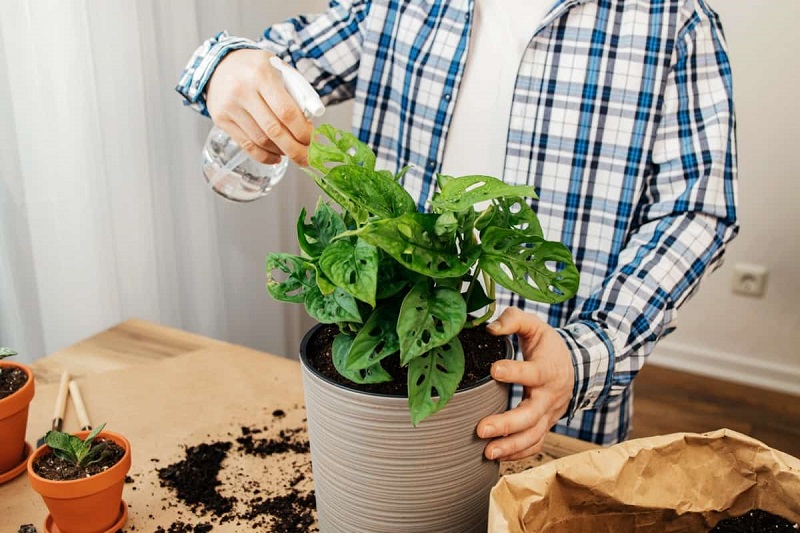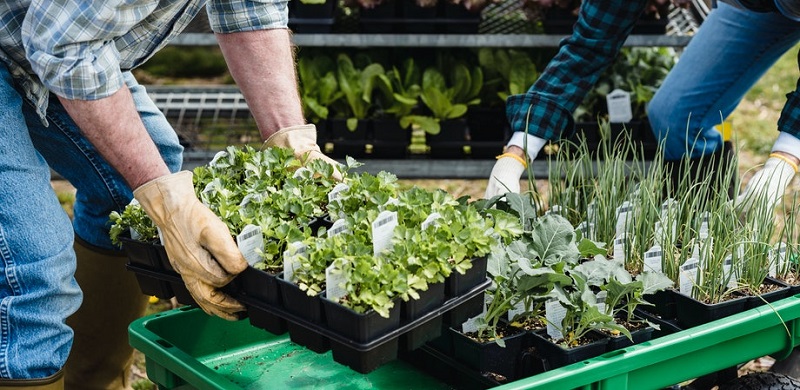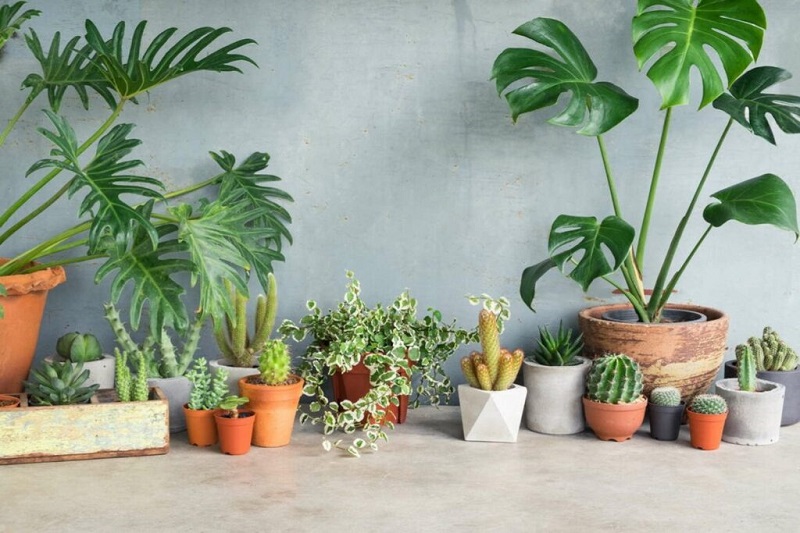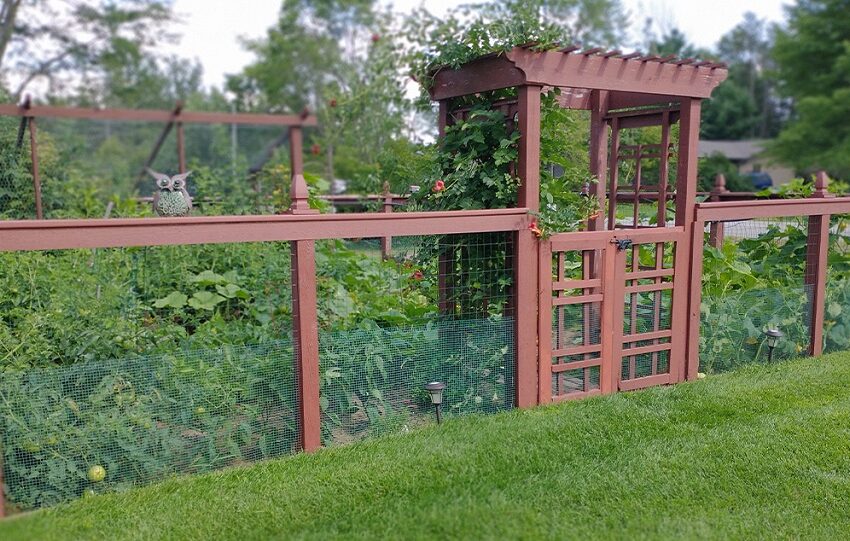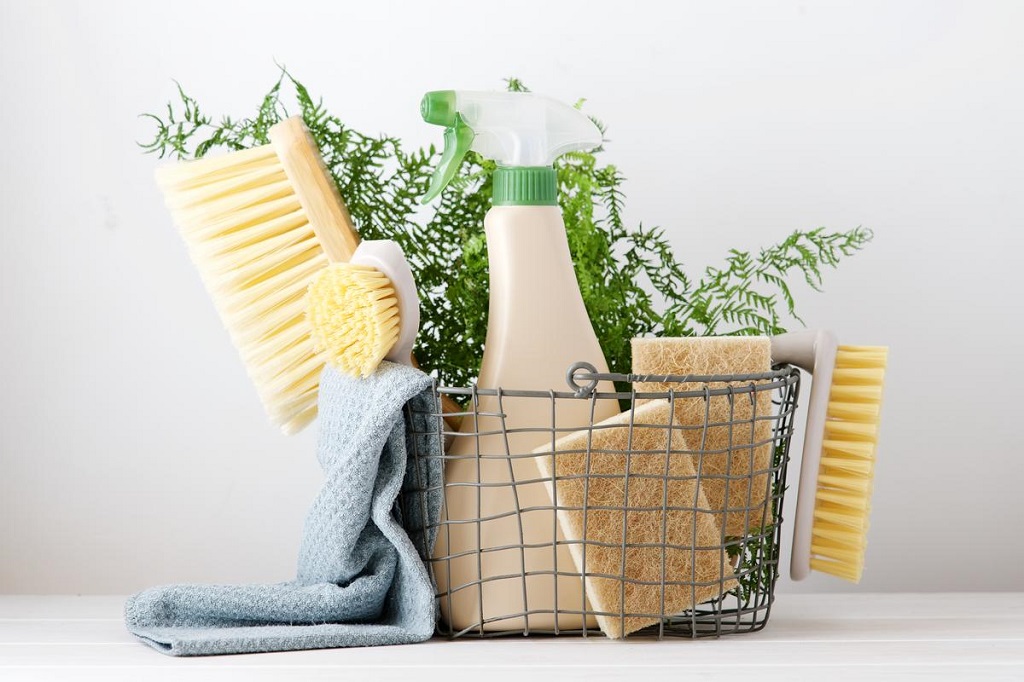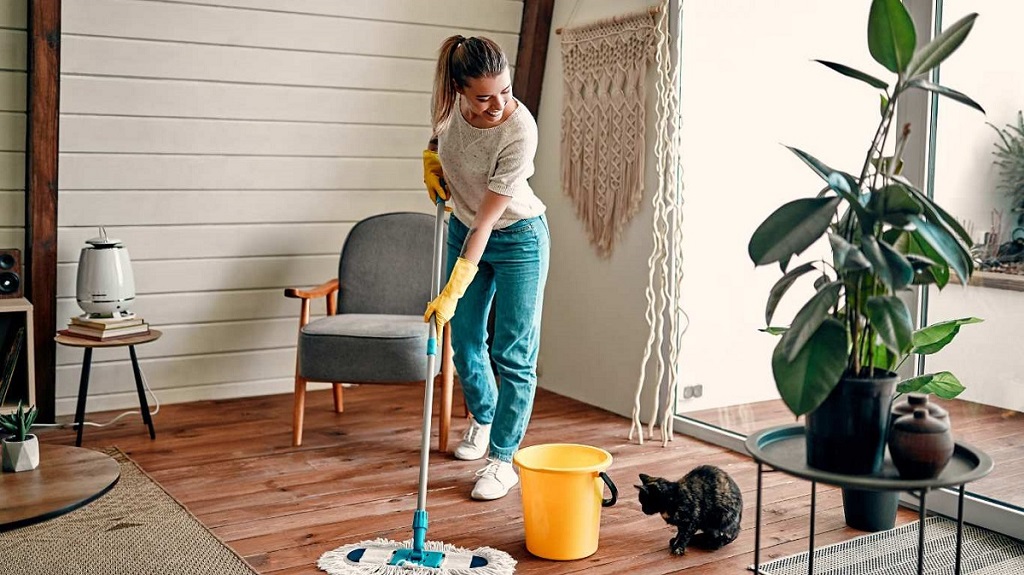Container gardening is a wonderful way to cultivate your green space, but it’s not all sunshine and rainbows. Along with the joy of nurturing plants comes the inevitable challenge of dealing with pests. In this comprehensive guide, we’ll explore practical tips and tricks to help you effectively manage pests in your container garden.
Understanding the Enemy: Common Container Garden Pests
Before we jump into battle strategies, let’s familiarize ourselves with the usual suspects:
Aphids
These tiny, sap-sucking insects can quickly become a nuisance, causing leaves to curl and plants to weaken.
Spider Mites
Almost microscopic, these arachnids love warm and dry conditions, leaving fine webbing on plants and causing discoloration.
Snails and Slugs
These slimy intruders feast on your plants during the night, leaving behind holes and damaged foliage.
Whiteflies
Resembling tiny moths, whiteflies are known for sucking plant juices and spreading diseases.
Caterpillars
The larvae of butterflies and moths, and caterpillars can devour leaves and undermine the health of your plants.
Building Your Defense: Effective Pest Management Strategies
1. Companion Planting
Deploy nature’s own defense mechanism by strategically planting herbs and flowers that repel pests. Marigolds, basil, and chrysanthemums, for example, can act as natural deterrents.
2. Neem Oil
Harness the power of neem oil, a natural pesticide with antifungal properties. Dilute it and spray it on your plants to discourage pests without harming the environment.
3. Beneficial Insects
Introduce predatory insects like ladybugs and lacewings into your container garden. They feast on common pests, providing a natural and sustainable solution.
4. DIY Pest Repellents
Create homemade pest repellents using ingredients like garlic, chili, and soap. A concoction of these elements can be sprayed on your plants to keep unwanted visitors at bay.
5. Regular Inspection
Stay vigilant! Regularly inspect your plants for any signs of pest infestation. Early detection allows for swift action before the problem escalates.
6. Natural Barriers
Physical barriers can be effective in keeping pests away. Use mulch, diatomaceous earth, or copper tape to create barriers that deter crawling insects.
7. Water Management
Overwatering can attract pests like fungus gnats. Maintain a balanced watering schedule to prevent the soil from becoming a haven for unwanted guests.
Dealing with Specific Pests: A Tactical Approach
Aphids
Combat aphids by spraying a mixture of water and dish soap on affected plants. Ladybugs also love to feast on these tiny intruders.
Spider Mites
Increase humidity around your plants to discourage spider mites. Regularly showering your plants can also help keep these arachnids in check.
Snails and Slugs
Set up beer traps or use crushed eggshells around your containers to deter these slimy invaders. Additionally, consider introducing natural predators like predatory beetles.
Whiteflies
Yellow sticky traps are effective against whiteflies. Additionally, encourages natural predators like parasitic wasps to keep their population in check.
Caterpillars
Handpick caterpillars or use organic insecticides containing Bacillus thuringiensis (Bt) to target these voracious eaters.
FAQs
1. Will chemical pesticides harm my container garden?
While effective, chemical pesticides can harm the beneficial insects and the overall health of your container garden. Opt for natural alternatives whenever possible.
2. How often should I inspect my plants for pests?
Regular inspections, at least once a week, are crucial for early pest detection and effective management.
3. Can I use essential oils to repel pests?
Yes, certain essential oils like peppermint, eucalyptus, and citronella can be effective in repelling pests. Mix them with water and spray on your plants.
4. Are there plants that naturally repel pests?
Absolutely! Plants like lavender, rosemary, and mint are known for their pest-repelling properties.
5. Is it possible to have a pest-free container garden?
While complete elimination of pests is challenging, proactive measures can significantly reduce their impact, allowing your container garden to thrive.
In conclusion, managing pests in container gardening is a dynamic process that requires a combination of preventive strategies and targeted interventions. By understanding the pests, implementing effective solutions, and staying proactive, you can create a resilient and flourishing container garden that pests will think twice about invading.

